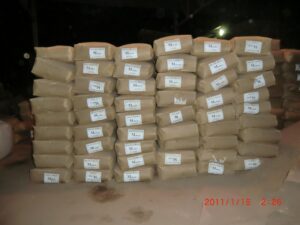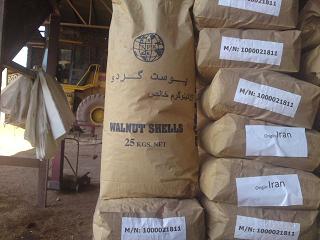A Growing Global Supplier
Africa is one of the richest continents in terms of natural resources. From gold and diamonds to copper, cobalt, and industrial minerals, its reserves power both local economies and international industries. The biggest mineral market in Africa plays a crucial role in global supply chains, offering opportunities for buyers and suppliers seeking reliable sources at competitive prices.

Why Africa Stands Out in the Mineral Industry
Africa’s mineral strength comes from its vast reserves and strategic position. First, it is home to nearly half of the world’s gold reserves. Second, the continent leads in cobalt, platinum, and diamond production. Moreover, industrial minerals like gypsum, barite, and bentonite are also widely extracted and exported.
Key advantages of Africa’s mineral markets include:
-
Abundant reserves – covering precious metals, base metals, and industrial minerals
-
Global demand – driven by construction, energy, and technology sectors
-
Export potential – supported by growing trade partnerships with Asia, Europe, and the Americas
Because of these factors, Africa remains a top destination for mineral investments.
Biggest Mineral Markets in Africa by Country
1. South Africa
South Africa is the most developed mineral market in Africa. It dominates platinum, gold, and coal production while also exporting manganese and chromium. Its advanced mining infrastructure makes it a key global supplier.
2. Democratic Republic of Congo (DRC)
The DRC is the world’s leading source of cobalt, essential for batteries and renewable energy. It also produces copper and diamonds, making it central to global trade.
3. Ghana
Ghana is Africa’s second-largest gold producer after South Africa. The country’s gold industry attracts international buyers and investors alike.
4. Botswana
Botswana is famous for its high-quality diamonds. The country’s mineral exports significantly boost its economy and global market presence.
5. Other Key Players
Nigeria supplies limestone and barite, while Morocco exports phosphate. Together, these nations expand Africa’s role in both industrial and agricultural mineral markets.
Commercial Benefits of the African Mineral Market
The biggest mineral market in Africa offers clear advantages for international trade. First, it provides competitive pricing due to abundant resources. Second, buyers enjoy access to diverse mineral types from a single region. Third, the market continues to expand with foreign investments, ensuring future growth.
For suppliers, Africa presents a large pool of global buyers. For importers, sourcing from Africa ensures reliable access to minerals needed for steelmaking, construction, electronics, and renewable energy.
Future Outlook of Africa’s Mineral Industry
Africa’s mineral industry is moving toward sustainable and technology-driven mining. On one hand, rising demand for critical minerals like cobalt and lithium will expand exports. On the other hand, new infrastructure projects and trade agreements are making Africa more connected to global markets.
Therefore, businesses that invest in Africa’s mineral market today will benefit from long-term stability and growth. The biggest mineral market in Africa is not only resource-rich but also strategically positioned to serve the industries of the future.

